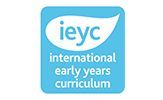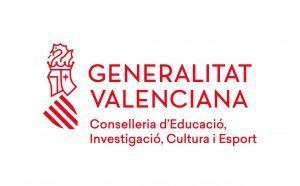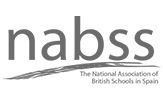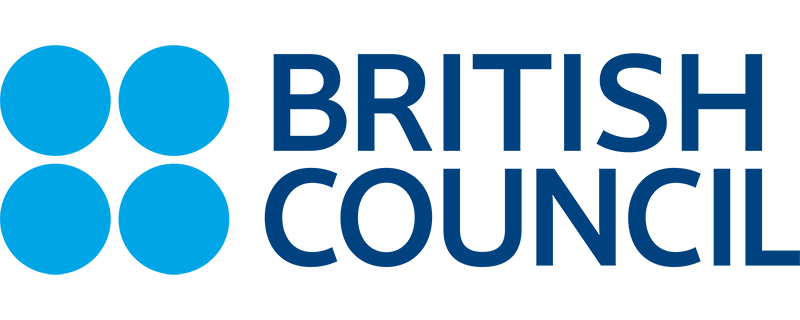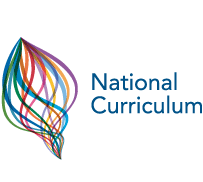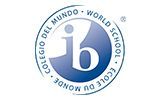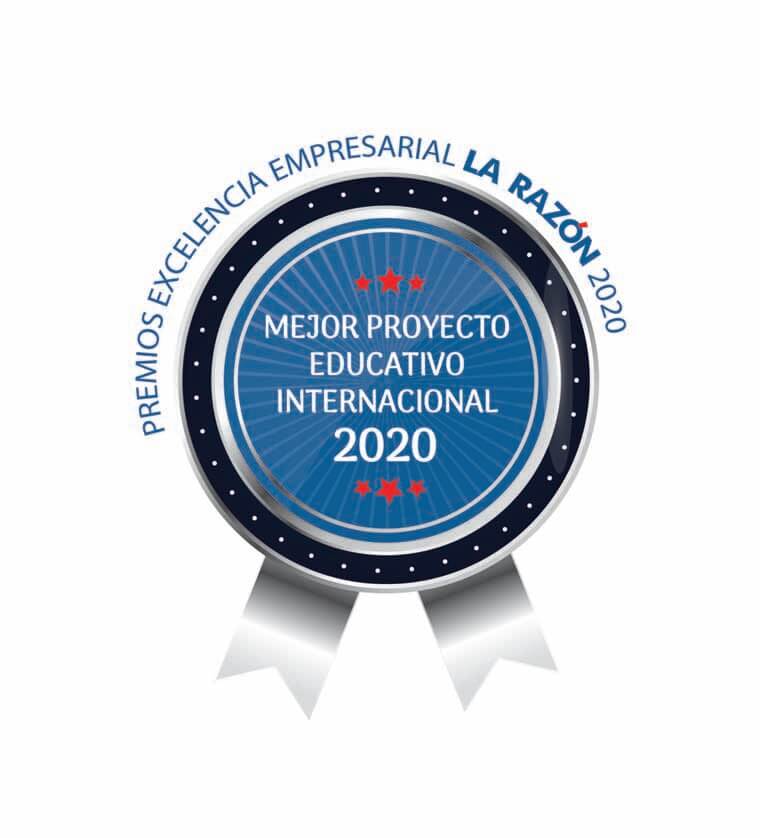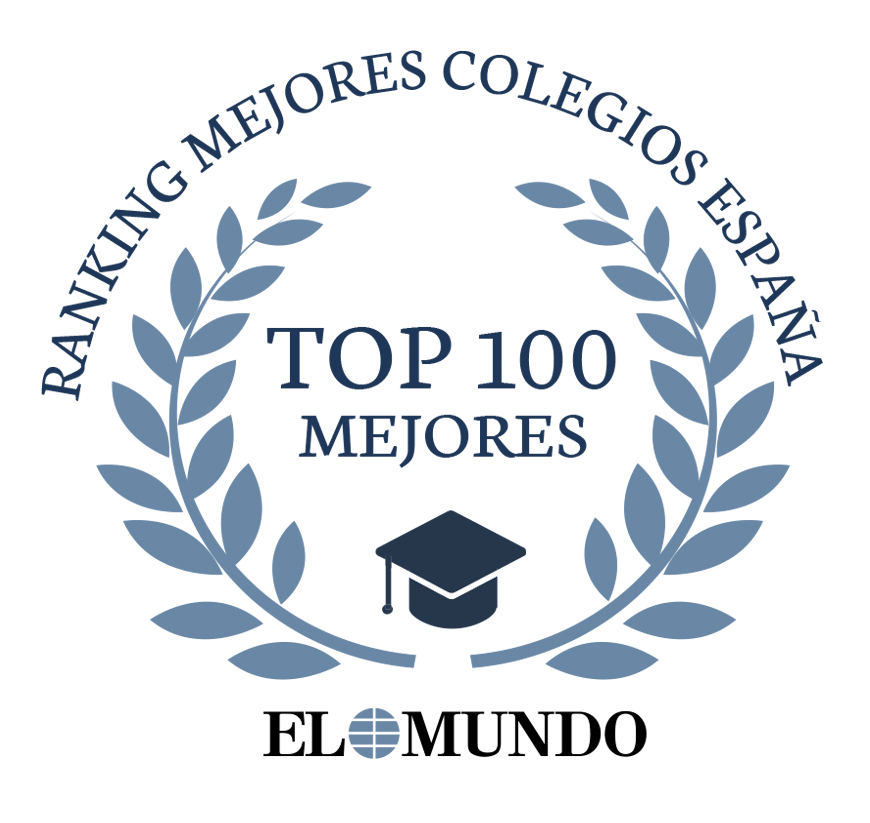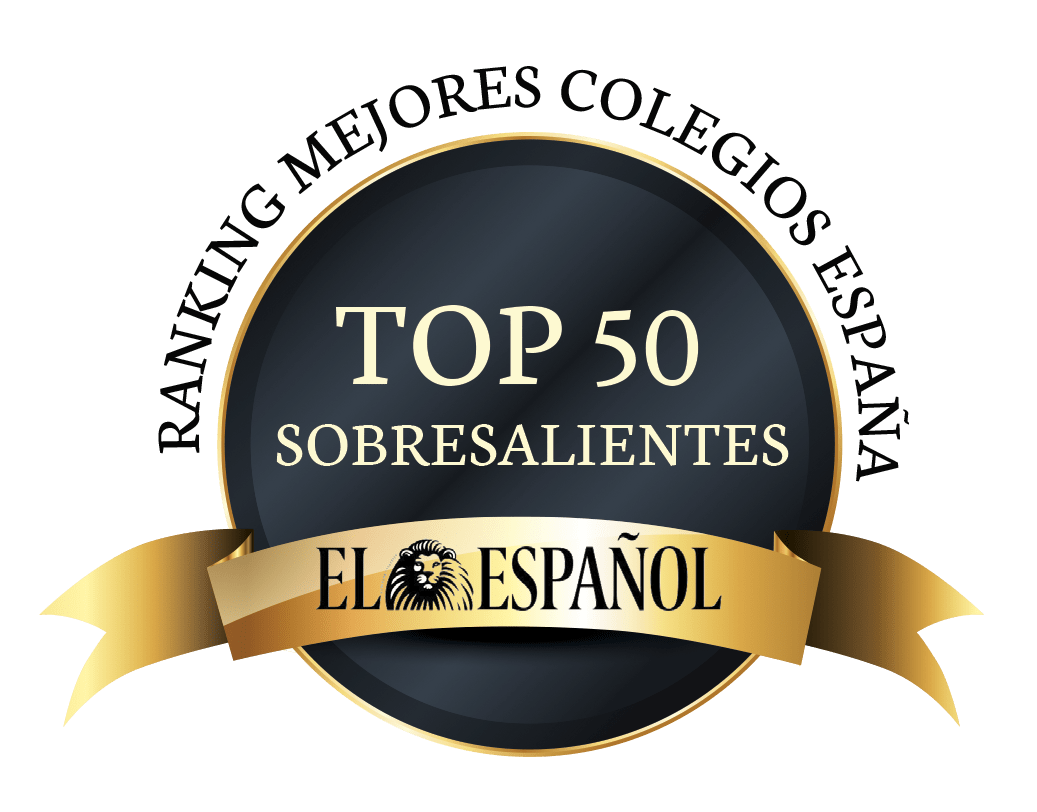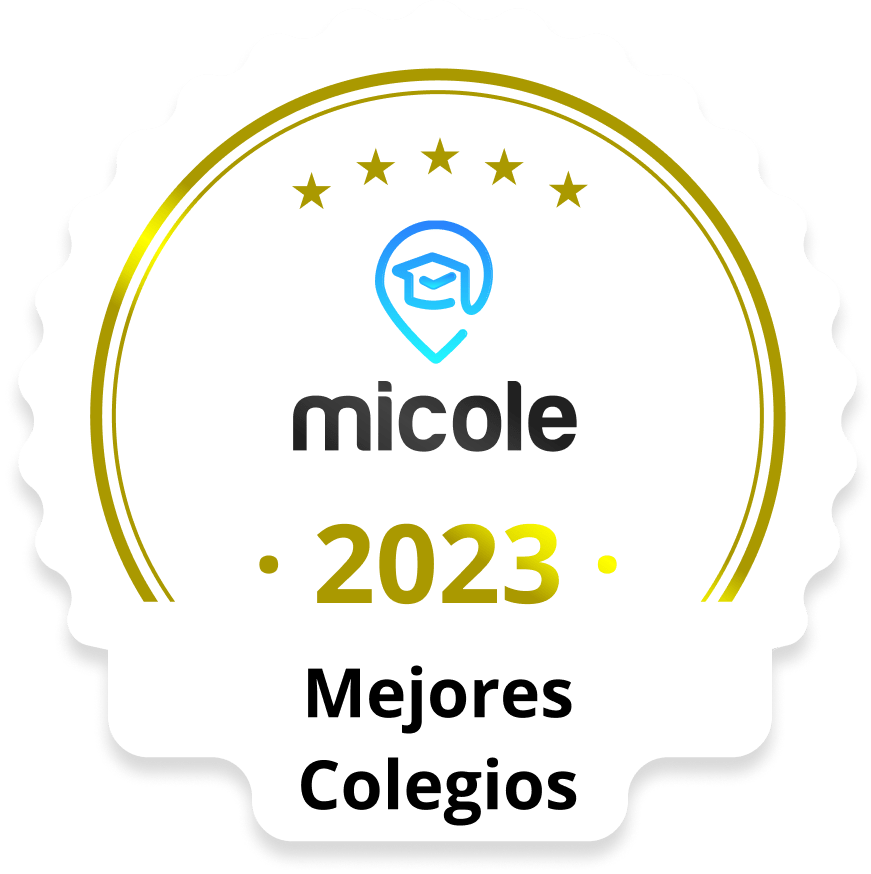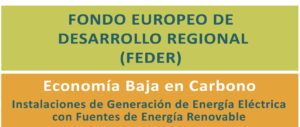SERVICE LEARNING
SERVICE AS ACTION – MYP
What is Service as Action?
Every school around the world that teaches the Middle Years Programme (MYP) expects its students to become involved with their communities – an involvement that benefits both parties.
Students take action when they apply what they are learning in the classroom and beyond. IB learners strive to be caring members of the community who demonstrate a commitment to service—making a positive difference to the lives of others and to the environment.
Action will be different from student to student and from context to context. It will teach students to:
- feel empathy towards others
- make small-scale changes to behaviour
- undertake larger and more significant projects
- act on own
- act collaboratively
- take physical action
- suggest modifications to an existing system to the benefit of all involved
- persuade people in more influential positions to act
- Service for and with others
Service activities go beyond doing for others. These activities engage students with others in a shared commitment towards the common good. Meaningful service requires the understanding of a central issue, such as poverty, literacy or pollution; and the issue proves the need for the service. Additionally, meaningful service involves interactions with others, which establishes students’ understanding of the rights and respect of everyone involved. This develops the students’ ability to have open, clear, and collaborative communication with the community and/or individuals concerned.
From year 7 to year 11 we organize different year projects that involve all students and teachers in doing activities and assemblies related to the different global issues and challenges.
Year 7: Childrens´ rights – Solidarity race
Year 8: Environment – Environmental day
Year 9: Conflics resolution – Peace day
Year 10: Equality and Equity – Dance 4 food
Year 11: Global sustainable goals
The school works, has agreements with and collaborate with local, national and international NGO´s and charities to help the students develop the learning expetations of this programme, such as: Save the Children, Unicef, Juegaterapia, Cáritas, Parques naturales de la comunidad Valenciana y Fundación Salud Infantil, Toubabs team, Abrazo de Luz y Elche Acoge, along with many others.
C.A.S – DIPLOMA
What is C.A.S?
The Creativity, Action and Service program is a requirement for obtaining the IB Diploma as well as ToK and Extended essay. The Diploma CAS programme motivate the students to get involved and participate in a variety of CAS activities and projects throughout the two years of the program.
Creativity can be completed by performing a wide variety of artistic tasks; the action motivates the student to participate in individual and group sports, in addition to expeditions and projects at the local and international level and the service was interpreted with the realization of a series of activities that originate a benefit to the community.
After each of these activities and projects, the students carry out a personal self-evaluation in writing that serves as proof and evaluation so that the coordinator certifies the positive participation of each student in the CAS program.
Students must complete an estimation of 150 hours in two years participating in projects and / or activities both inside and outside school hours and in a balanced manner between each of the components of CAS.
Creativity, Action and Service (CAS) is at the heart of the Diploma Program. It is one of the three fundamental elements of the program and, as such, is present in the experience of each and every one of the students. Through the three areas that compose it, often interrelated in practice, students participate in a variety of activities simultaneously to the study of the academic disciplines of the Diploma in each year of the program.
Creativity: artistic activities of all kinds and other experiences that involve creative thinking.
Activity: activities that involve an effort or physical challenge and that contribute to a healthy lifestyle; they complement the academic work carried out in other subjects of the Diploma Program.
Service: a voluntary and unpaid exchange that means learning for the student, and in which the rights, dignity and autonomy of all the people involved are respected.
CAS allow students to enhance their personal and interpersonal development through experiential learning. At the same time, it has the important function of counteracting the academic pressure of the rest of the Diploma Programme. A good CAS program should be enjoyable and at the same time be a challenge, a path to personal discovery. Although each student has a different starting point, and therefore different goals and needs, for the majority, the CAS activities constitute profound and transformative experiences, of great transcendence for their lives.
The fundamental objective of CAS is to contribute to the development of students:
- Think reflexively, that is, understand their own qualities and limitations, identify objectives and design strategies for personal growth.
- Willing to accept new challenges and new roles.
- Conscious of their belonging to different communities, with responsibilities towards others and the environment that surrounds them.
- Actively participate in collaborative projects.
- Balanced, that is, that they enjoy and value participation in a variety of activities that involve emotional, creative, physical and intellectual experiences.
The school works, has agreements with and collaborate with local, national and international NGO´s and charities to help the students develop the learning expetations of this programme, such as: Save the Children, Unicef, Juegaterapia, Cáritas, Parques naturales de la comunidad Valenciana y Fundación Salud Infantil, Toubabs team, Abrazo de Luz y Elche Acoge, along with many others.
7 SHARED GOALS BETWEEN MYP & DIPLOMA
|
7 LEARNING OUTCOMES IN SERVICE LEARNING Year 7-13
(assessed in the 3º term report) |
|
| INITIATIVE AND PLANNING |
Demonstrate how to initiate and plan a CAS experience
Students can articulate the stages from conceiving an idea to executing a plan for a CAS experience or series of CAS experiences. This may be accomplished in collaboration with other participants. Students may show their knowledge and awareness by building on a previous experience, or by launching a new idea or process. |
| COLLABORATION AND TEAMWORK |
Demonstrate the skills and recognize the benefits of working collaboratively
Students are able to identify, demonstrate and critically discuss the benefits and challenges of collaboration gained through CAS experiences. |
| COMMITMENT AND PERSEVERANCE |
Show commitment to and perseverance in CAS experiences
Students demonstrate regular involvement and active engagement in CAS. |
| ACCEPTING AND UNDERTAKING CHALLENGES |
Demonstrate that challenges have been undertaken, developing new skills in the process.
A new challenge may be an unfamiliar experience or an extension of an existing one. The newly acquired or developed skills may be shown through experiences that the student has not previously undertaken or through increased expertise in an established area. |
| IDENTIFICATION OF STRENGHTS AND AREAS OF GROWTH |
Identify own strengths and develop areas for growth Descriptor Students are able to see themselves as individuals with various abilities and skills, of which some are more developed than others.
|
| INTERCULTURAL AWARENESS |
Demonstrate engagement with issues of global significance
Students are able to identify and demonstrate their understanding of global issues, make responsible decisions, and take appropriate action in response to the issue either locally, nationally or internationally. |
| ETHICAL AWARENESS |
Recognize and consider the ethics of choices and actions
Students show awareness of the consequences of choices and actions in planning and carrying out CAS experiences. |

